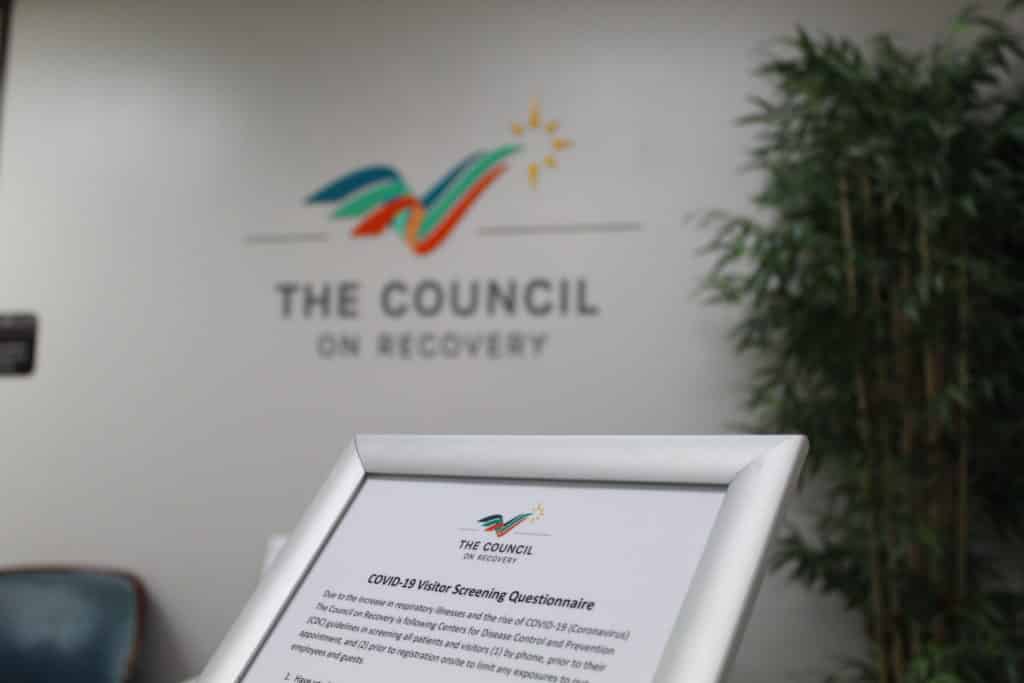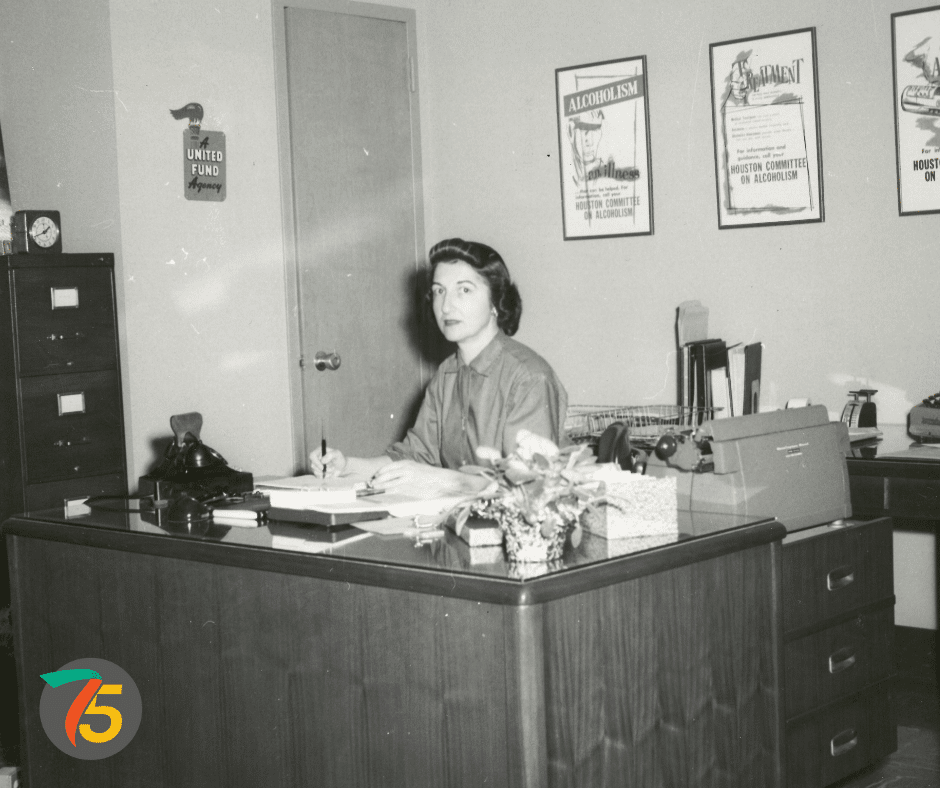This blog post is co-authored by The Council on Recovery’s President & CEO Mel Taylor, MSW, and Executive Vice President Mary Beck, LMSW.
Substance use is a primary driver of readmission to the hospital and/or criminal justice systems. If we addressed substance use disorders in conjunction with mental health disorders, the number of people in need of care would significantly decrease. Yet time and again, substance use is viewed as a secondary concern and not as a confounding disease affecting the majority of people with a mental health disorder.
As we read Alex Stuckey’s three-part series How Texas Fails the Mentally Ill, we were met with a mix of emotions. On the one hand, it is heartening to see a light being shined on this decades long travesty – a crisis that strips people of their dignity and basic human rights; that tells people they have to wait, homeless on the streets or in jail to get the care they desperately need. On the other hand, it is concerning to see the pronounced blind spot regarding co-occurring mental health and substance use disorders that exists among healthcare providers, behavioral health providers, policy makers, and the community at large.
According to the National Institute on Drug Abuse, multiple national population surveys show that about half of those who experience a mental illness during their lives will also experience a substance use disorder and vice versa. And the coronavirus pandemic is only making matters worse. A recent study conducted by The Recovery Village asked 1,000 American adults about their use of drugs and alcohol in the past month, and 55 percent reported an increase in their alcohol consumption in the past month, with 18 percent reporting a significant increase. When asked what prompted their substance use, respondents cited stress, boredom, and an effort to cope with anxiety or depression.

At The Council on Recovery, we’ve watched this dynamic intensify over the past year, with more clients struggling with relapse, suicidal ideation, and overdose. So what can be done? First, we must acknowledge and embrace the fact that the mental health care system is in disarray, and if co-occurring substance use disorders continue to be discounted and dismissed, it is unlikely that outcomes will improve.
Beyond that, we know that we cannot overcome this crisis if fragmented policies and underfunding continues. Texas needs a comprehensive analysis and long-range plan for the entire system, led by behavioral health experts who equally represent substance use and mental health disorders. The plan must study leading-edge best practices for the treatment of co-occurring disorders. Most importantly, it must identify multiple financing options that incentivize public and private providers – as well as payers – to participate in the plan and to provide best practice care.
Last fall, The Council on Recovery launched The Center for Co-Occurring Disorders as just such an initiative.
This multi-partner Center will explore and document current best practices, conduct evaluation on models of care, and identify and advocate for financing options. Led by The Council, other partners include The Harris Center for Mental Health and IDD, Harris County Psychiatric Center, Baylor College of Medicine and Harris Health, as well as a psychiatrist in private practice and community members with lived experience.
Over the last 75 years, The Council has witnessed the changes in the landscape of behavioral health care unfold in real time, along with the devastating consequences. In the wake of the pandemic, the oncoming tidal wave of mental health and substance use disorders will undoubtedly inflict even more suffering on the individuals trapped within our broken system.
But we can turn the tide.
Initiatives like The Center for Co-Occurring Disorders can help to educate the public, policy makers, and behavioral health professionals about the crisis in our mental healthcare system. Together we can advocate for legislative priorities that support these efforts. Because doing nothing is not an option.
If you or someone you love is struggling with substance use or a co-occurring mental health disorder, contact The Council today. We offer telehealth services to all who need it, regardless of their ability to pay.





